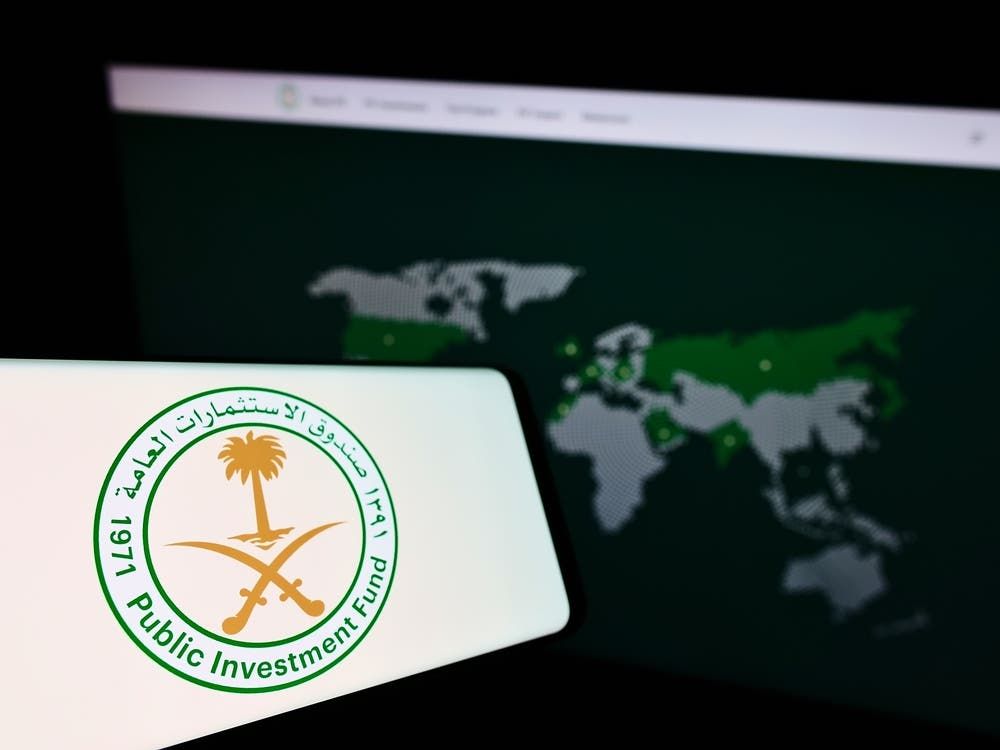Significant Workforce Reduction Amid Strategic Tensions
PricewaterhouseCoopers (PwC), one of the largest professional services firms globally, is undertaking a major restructuring in its Middle East operations, cutting approximately 1,500 jobs and 60 partner positions. This is one of the most substantial workforce reductions in the region in recent years and highlights the challenges of operating in politically sensitive markets. The layoffs are not merely a reaction to short-term economic fluctuations; they are closely tied to PwC’s strained relationship with Saudi Arabia’s Public Investment Fund (PIF), a major client whose advisory ban has severely affected the firm’s revenue streams. The cuts reflect an urgent need for PwC to streamline operations, recalibrate its strategic focus, and adjust to changing client expectations, while also maintaining its reputation as a top-tier professional services provider in a region that is both highly lucrative and highly complex.
Fallout with Saudi Arabia’s Public Investment Fund
The tension between PwC and the PIF centers on PwC’s recruitment of Jason Davies, the former Chief Internal Audit Officer of Neom, Saudi Arabia’s $500 billion futuristic megacity project backed by the sovereign fund. Saudi authorities interpreted this recruitment as a potential conflict of interest, leading to a year-long ban preventing PwC from participating in PIF advisory projects. The PIF is one of the world’s largest sovereign wealth funds, controlling hundreds of billions in assets and playing a decisive role in major infrastructure, technology, and energy projects in the Gulf. Losing access to such a client not only affects PwC’s revenue but also has strategic ramifications, limiting the firm’s ability to participate in high-profile mega-projects that are key to regional market dominance. Analysts suggest that this situation exemplifies the challenges that global consulting firms face when operating in markets where state-backed entities wield substantial influence over commercial opportunities.
Operational and Revenue Implications
The layoffs primarily target consulting roles connected to large-scale transformation projects, including those associated with Neom, smart city development, and technological advisory services. These cuts are accompanied by a restructuring of partner positions, although partner compensation remains largely intact, with average earnings around $1.18 million in 2025. The firm’s Middle East revenue growth has slowed dramatically, with a mere 0.4% increase in the year ending June 2025, a sharp decline from the previous year’s 26% growth. This slowdown underscores how client concentration risk and geopolitical sensitivities can translate directly into financial vulnerability. For PwC, it illustrates the consequences of overreliance on a single client segment, highlighting the importance of diversifying both the client base and the advisory services offered in a politically dynamic region.
Strategic Adjustments and Leadership Changes
To navigate these challenges, PwC has implemented key leadership changes. Laura Hinton, UK Managing Partner, has been appointed to co-lead Middle East operations alongside Hani Ashkar, the current Senior Partner. This dual-leadership model is designed to enhance governance, improve stakeholder engagement, and rebuild trust with both clients and employees. Simultaneously, the firm is reviewing its project portfolio, prioritizing contracts that are less dependent on government-linked entities while increasing focus on private sector and multinational corporate clients. PwC is also leveraging technology-driven solutions, digital transformation advisory, and ESG-focused consulting to remain relevant in sectors less affected by political interventions, ensuring that its service offerings remain aligned with evolving market needs.
Broader Implications for Professional Services in the Gulf
PwC’s Middle East restructuring highlights a broader challenge faced by global consulting firms: operating in markets where the line between business and political oversight is blurred. The Gulf region, with its combination of rapid economic diversification, ambitious mega-projects, and heavy sovereign wealth fund involvement, offers tremendous opportunities but also demands careful navigation. Firms must balance aggressive talent acquisition and client expansion with strict adherence to local governance and regulatory frameworks. Failure to maintain this balance, as seen in PwC’s case, can lead to operational setbacks, reputational risks, and revenue declines, demonstrating the high stakes of operating in politically sensitive markets.
Economic and Sectoral Context
The Middle East’s professional services market has been experiencing uneven growth patterns, with traditional audit and assurance services remaining steady while advisory and consulting revenues face volatility. The slowdown in PwC’s revenue growth reflects broader regional dynamics, including shifts in government spending priorities, delays in mega-project implementation, and the emergence of local competitors offering alternative advisory solutions. Analysts suggest that the region’s evolving business landscape is increasingly oriented toward digital transformation, artificial intelligence, and ESG-driven consulting, areas where global firms can differentiate themselves despite political or regulatory restrictions. Firms that fail to adapt risk falling behind in what is becoming a highly competitive and rapidly evolving market.
Looking Ahead: Opportunities and Challenges
Despite these immediate challenges, PwC remains committed to the Middle East as a strategically vital growth market. The firm is likely to expand its focus on private equity advisory, corporate strategy, technology consulting, and ESG services sectors that are less vulnerable to government-imposed restrictions. The leadership changes aim to restore confidence among clients, partners, and employees, ensuring that PwC can maintain its long-term presence and influence in the region. Additionally, the firm’s restructuring provides an opportunity to streamline operations, improve efficiency, and better align talent with strategic priorities, laying the foundation for sustainable growth once the political environment stabilizes.
PwC’s Middle East layoffs and operational adjustments underscore the complex interplay between business strategy, political dynamics, and market dependencies in the Gulf. The firm’s experience illustrates the high-stakes nature of operating in regions where state-backed entities hold significant influence, and where strategic missteps can have far-reaching consequences. While the immediate impact involves workforce reductions and revenue pressures, PwC’s leadership restructuring and strategic pivot signal a proactive approach to navigating these challenges. The firm’s ability to successfully adapt will determine its future trajectory in one of the world’s most dynamic, high-potential, and politically complex professional services markets.







